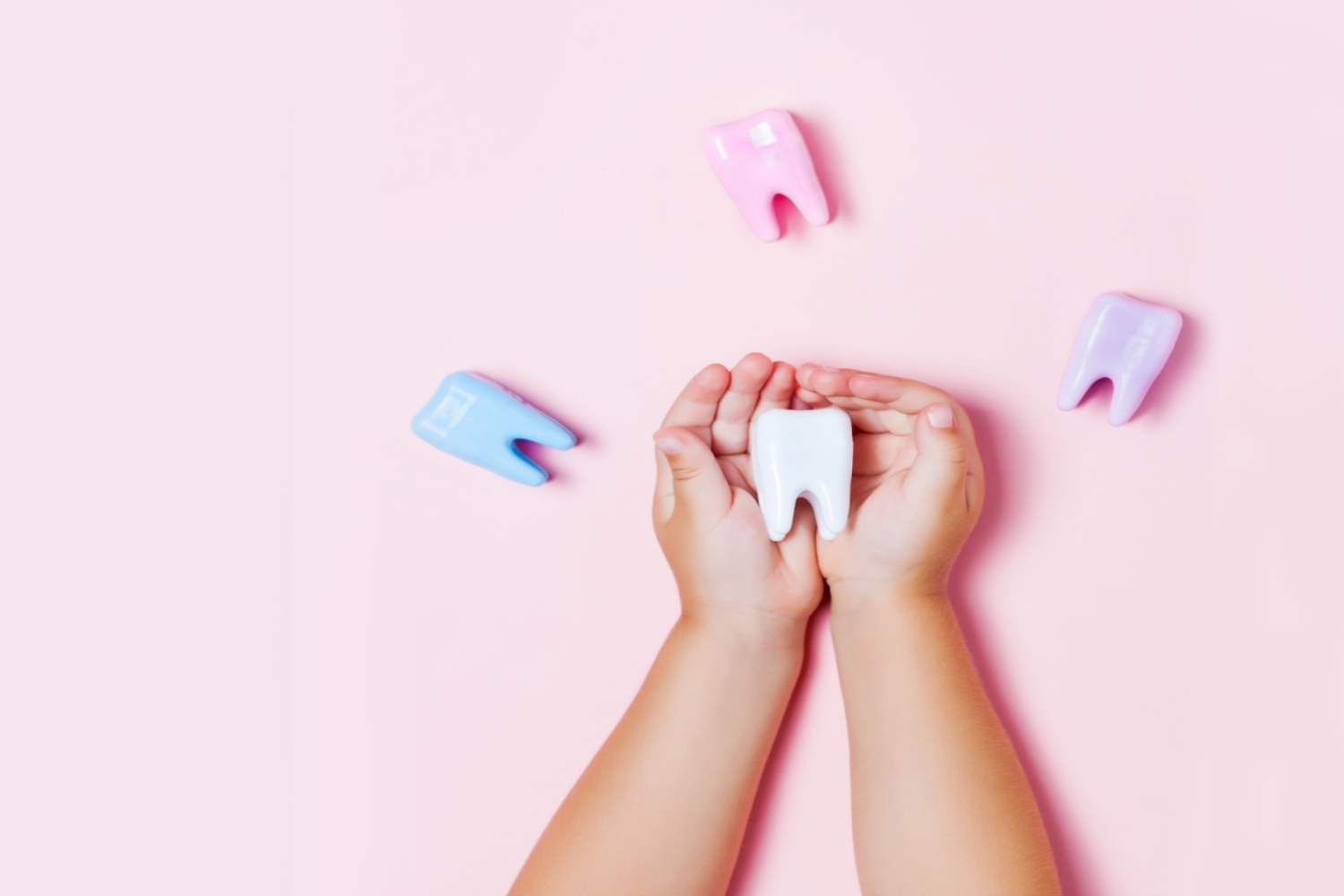
Dental care in toddlers is crucial for promoting ideal oral health. It comprises good oral hygiene practices and regular dental visits. As a parent, implementing preventive dental care in toddlers is important. Their oral health should be your priority. There is a popular myth that baby or primary teeth fall out so it is not essential to care for them. But this is not true. Baby teeth are important too since they pave the way for healthy and strong adult teeth. Proper baby teeth alignment holds the permanent tooth bud in place and prevents future dental issues.
Preventive dental care in toddlers is important to safeguard the integrity of baby teeth. It also helps avoid dental problems like tooth decay, gum disease, bad breath, and crooked and crowded teeth. Here is a comprehensive guide to preventive dental care in toddlers, its benefits, types of preventive treatments, and important tips to follow at home.
What is Meant by Preventive Dental Care?
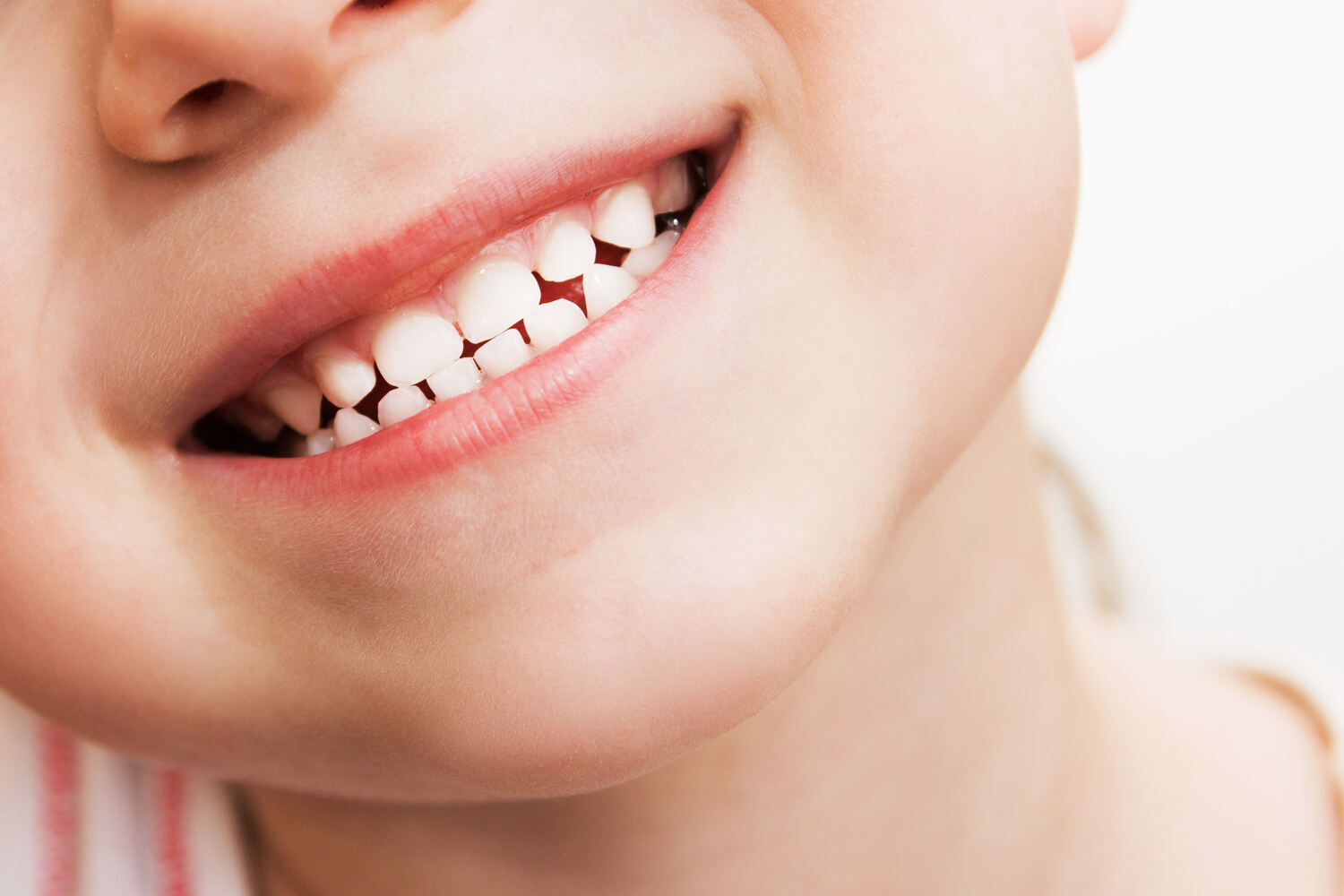
Preventive dental care is a group of essential dental practices (teeth cleaning, fluoride treatment, sealants, and so on), regular dental visits, and important oral tips to follow at home. This is equally important for both adults and kids. Preventive dental care paves the way for healthy and strong teeth by preventing the onset or curbing the progression of oral health problems (1).
Preventive dental care for toddlers is of utmost importance since this is the right age to inculcate good oral habits in them that may help in the long run. Taking care of primary teeth from a young age can pave the way for healthy permanent teeth that last for a lifetime. This aids in the improvement of oral health and wellness (2).
How Does Preventive Dental Care Benefit Toddlers?
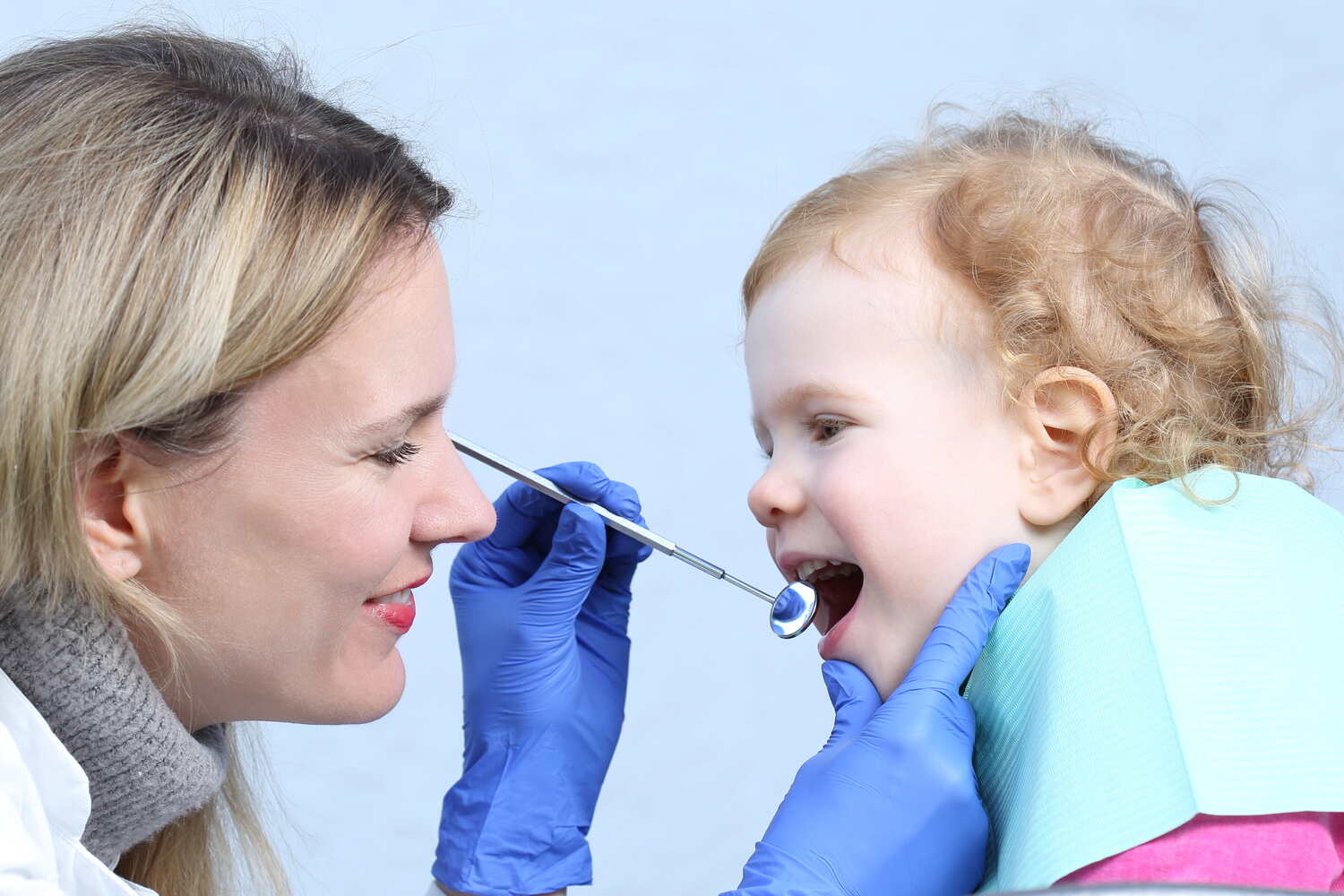
Preventive dental care in toddlers has many benefits. These include-
1. Reduces The Risk of Tooth Decay
Preventive dental care helps eliminate plaque and bacteria that are the prime culprits of oral problems like tooth decay. They secrete by-products and acids that erode the superficial layer of the tooth (enamel) (3).
2. Preserves Tooth Enamel
Enamel is the protective, hard, outermost layer of the tooth. Preventive dental care will keep the enamel healthy, and strong by protecting it from plaque, calculus, and bacteria.
3. Fights Gum Disease
Dental plaque and bacteria can create havoc in the oral cavity by producing harmful toxins that may erode the enamel and the gums. Preventive dental care services can successfully eliminate plaque using special ultrasonic instruments and keep the gums healthy.
4. Manages Bad Breath
Preventive dental care practices like teeth cleaning can eliminate plaque bacteria and the by-products produced by them. This can greatly improve the breath by treating halitosis (bad breath).
Top 4 Important Preventive Dental Treatments in Toddlers
Here are some of the common and effective preventive dental treatments in toddlers performed by a pediatric dentist-
1. Dental Sealants
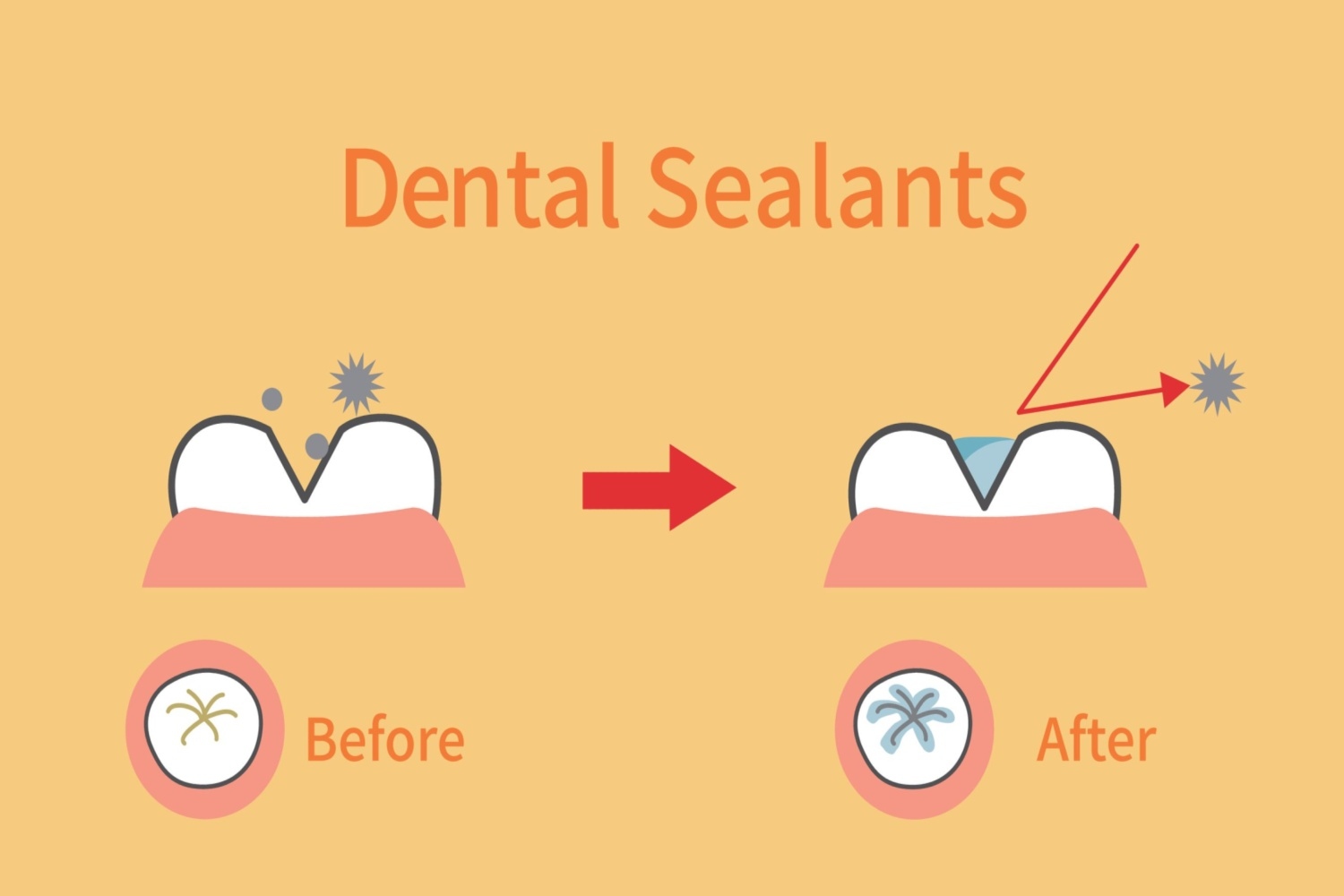
Dental sealants are translucent resin materials that are applied to your toddler’s teeth. The sealant flows and fills deep grooves in your kid’s teeth where bacteria normally build up. The sealants harden when applied and seal the tooth surface from plaque, bacteria, and food debris. This process can significantly reduce their risk of developing tooth decay and cavities (4).
2. Fluoride Treatment
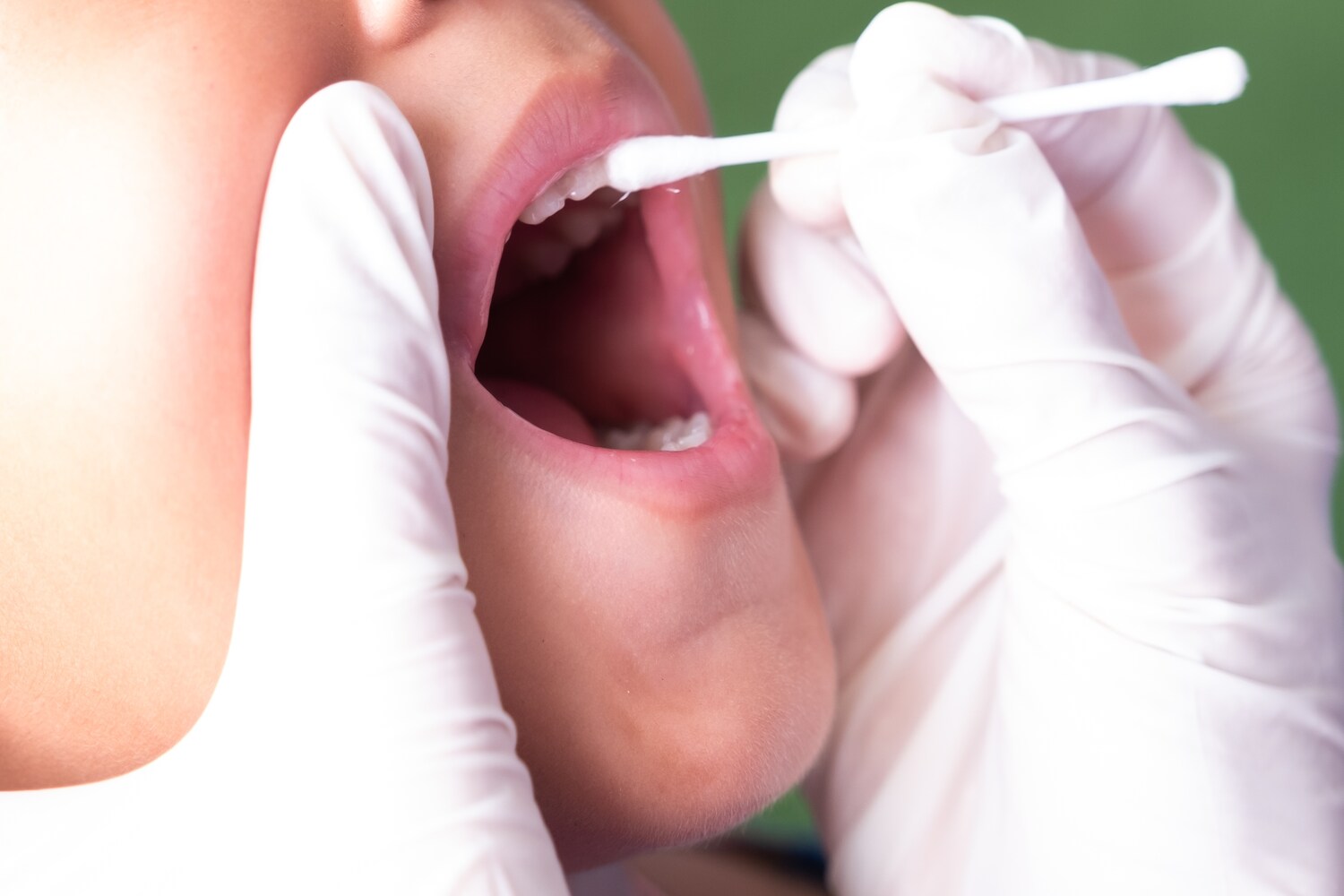
Fluorides are trace elements that help remineralize the enamel layer and strengthen it. The fluoride solution is coated on the occlusal surfaces of the toddler’s teeth which acts as a protective shield against decay and cavities. This keeps the baby and permanent teeth strong and healthy (5).
3. Teeth Cleanings
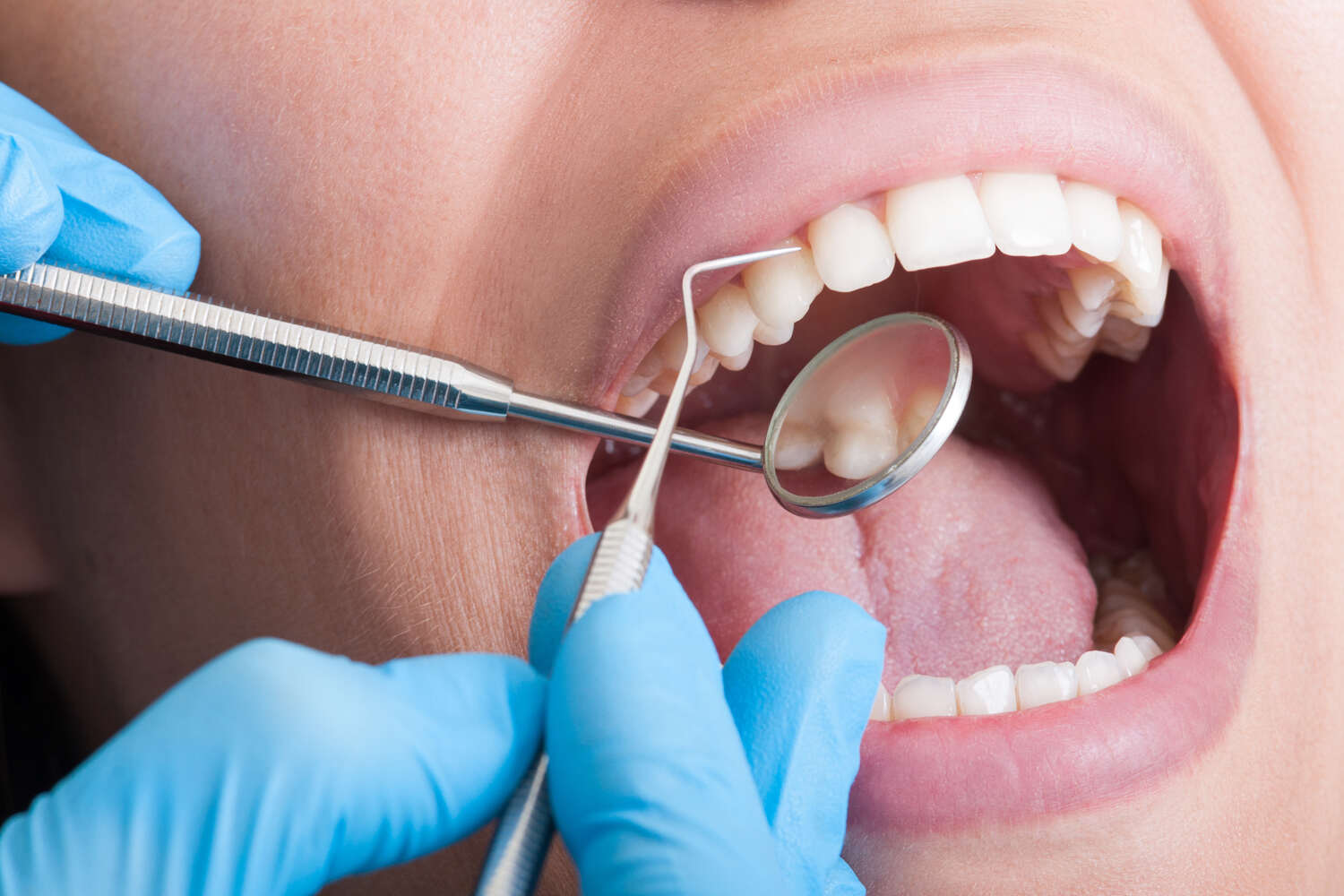
Teeth cleanings are routine dental procedures performed to eliminate plaque, calculus, bacteria, and food debris. Special ultrasonic instruments are used by pediatric dentists to clean and polish the teeth and gums. These treatments can reduce your toddler’s risk of tooth decay and gum disease (6).
4. Space Maintainers
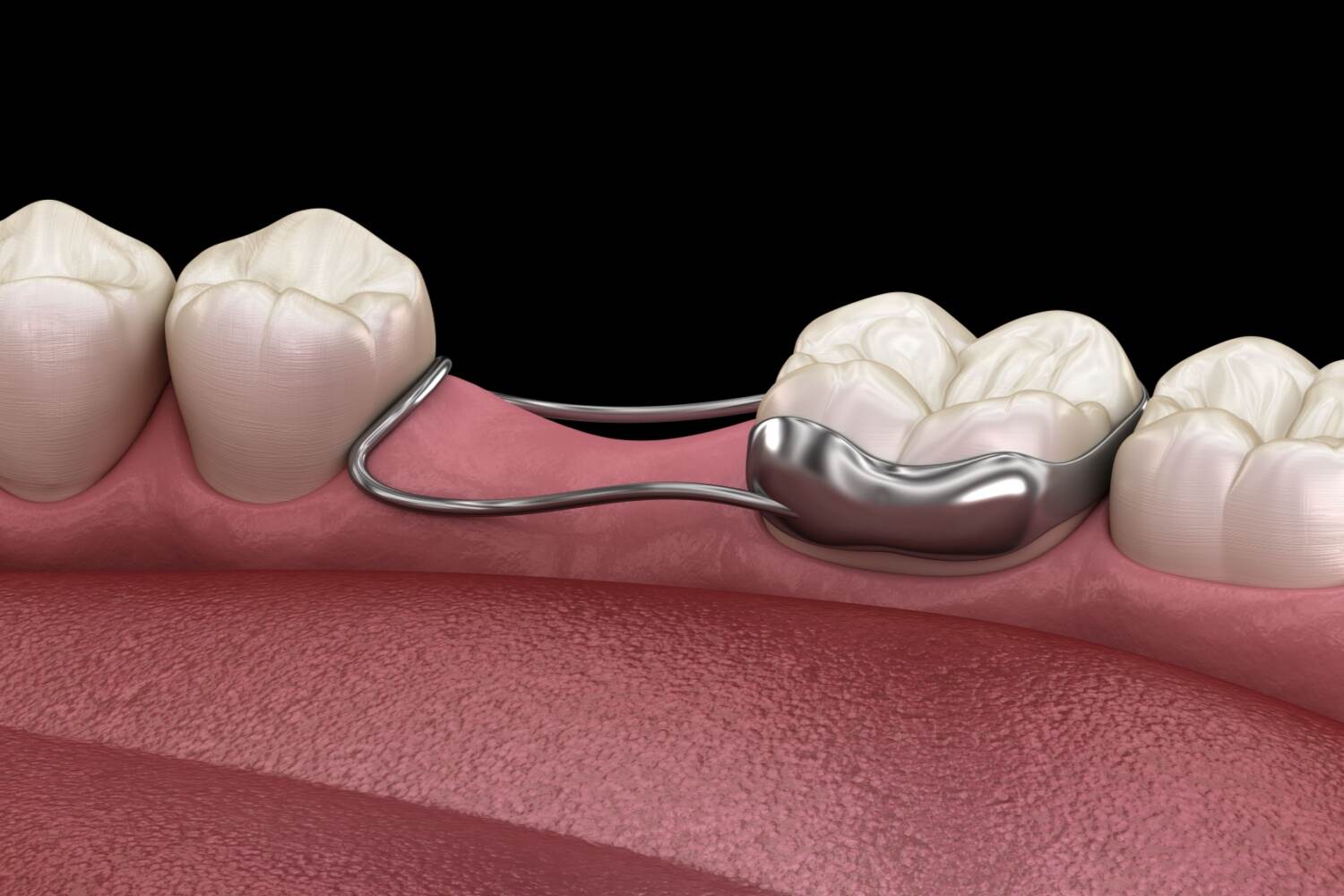
Space maintainers are specialized dental appliances made of plastic or metal. These are tailored to your kid’s mouth and fit inside comfortably. The space maintainer holds the space created by premature tooth loss, to guide the permanent tooth eruption in the correct place. This is the most convenient and cheaper solution for preventing teeth crowding than extensive orthodontic treatments in the future (7).
Preventive Dental Care Measures And Tips to Follow at Home
As a parent, you must consider yourself to be their role model to set an example for good oral hygiene at home. Your kid will understand how important their oral health is. The following preventive care measures help in promoting your toddler’s oral health at home-
1. Demonstrate Teeth Brushing And Rewarding
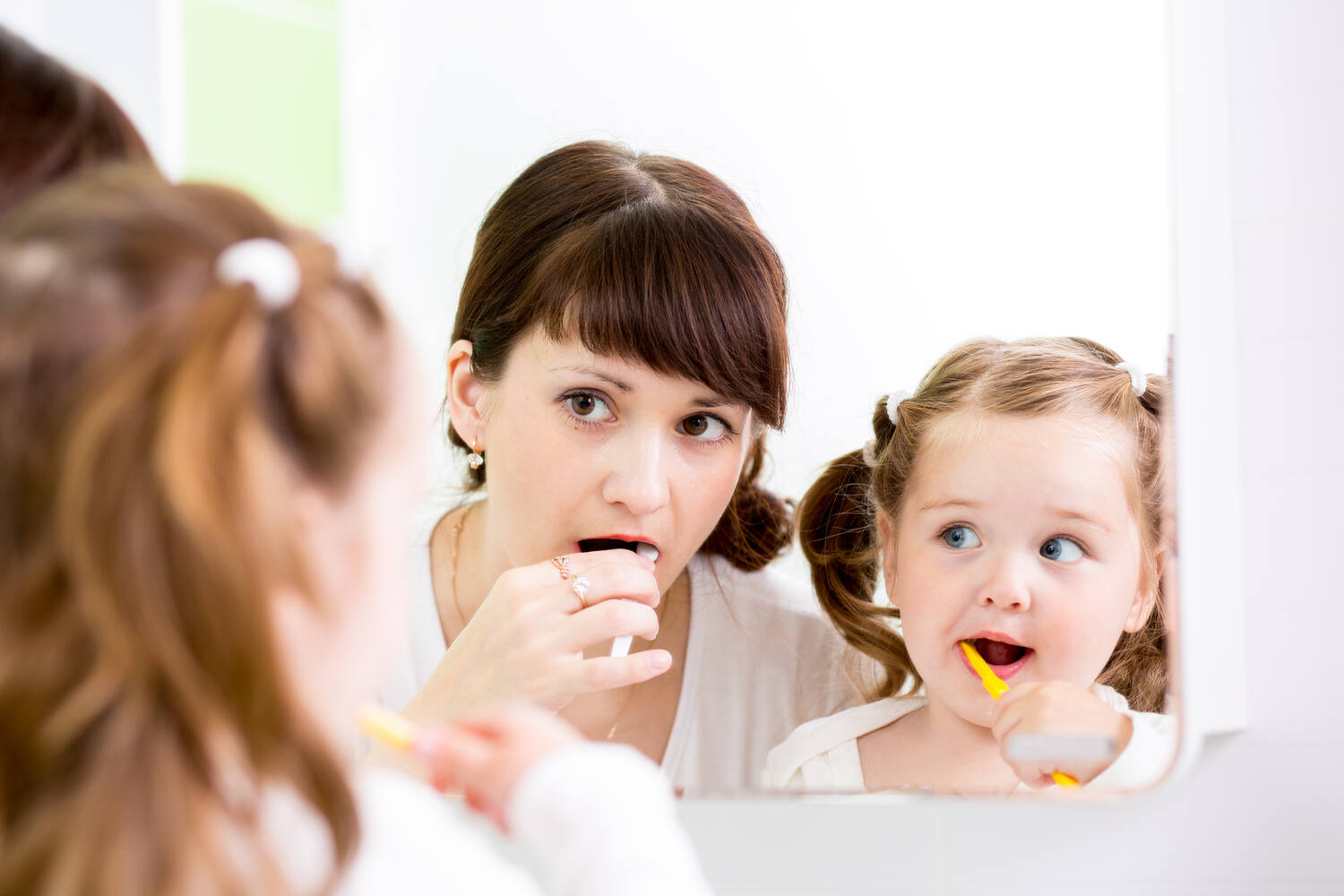
Brush your teeth with your kids. Ensure you make brushing time a joyful activity and remember to reward them for keeping their teeth clean. This may be a great bonding time with your toddler and teach them proper brushing techniques.
2. Guide Them While Brushing Their Teeth
Help your toddler brush their teeth since they may have difficulty doing it independently. Teach them to hold the brush properly and clean their teeth (8).
3. Educate Them About The Importance of Flossing
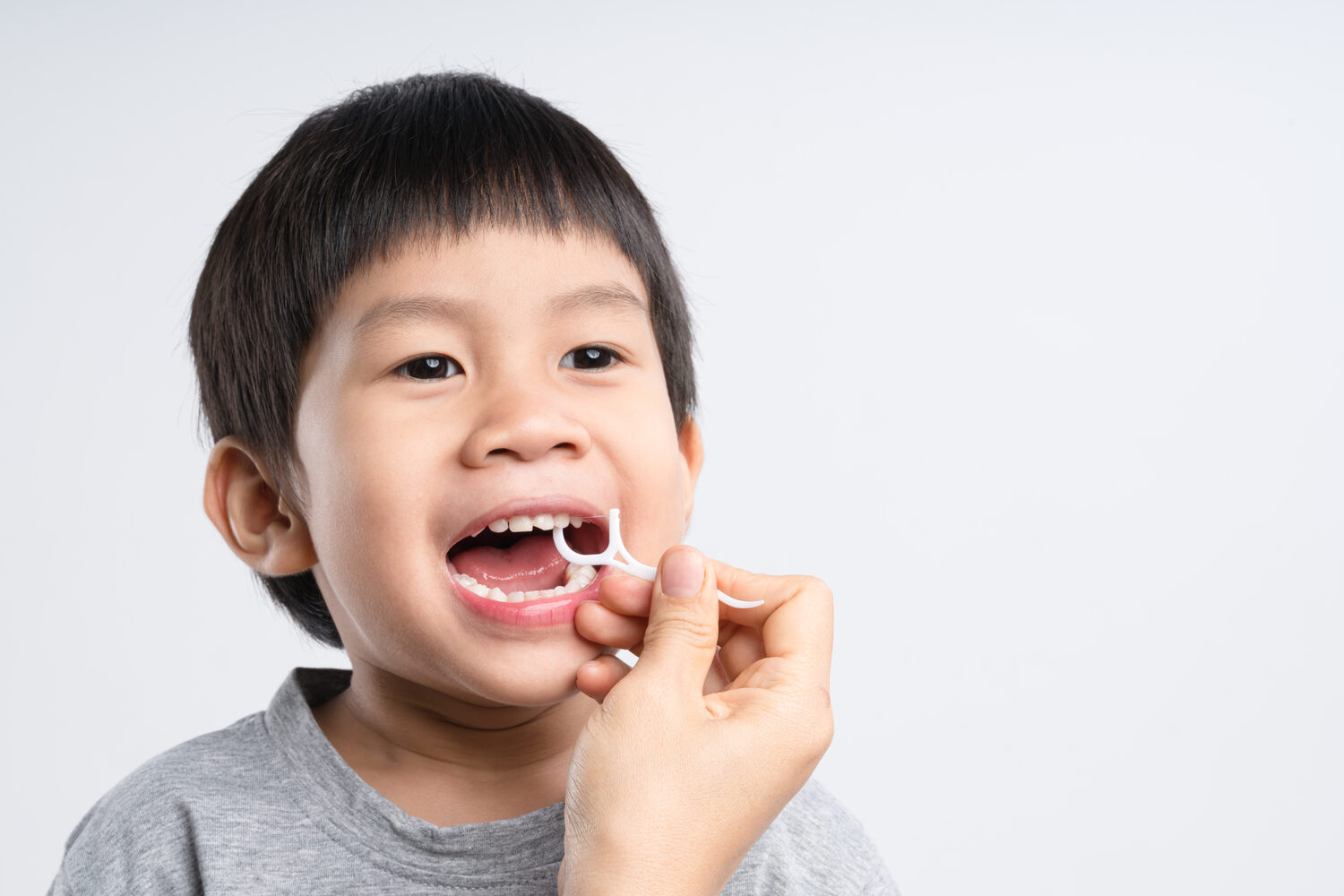
Flossing is often neglected, especially for younger kids. Explain to them the importance of flossing once a day in simple words. Flossing has several preventive benefits.
4. Give Them a Healthy Diet

Sugary foods can erode the tooth enamel and result in tooth decay and prominent cavities. Avoid giving your toddler unhealthy foods and explain to them the importance of consuming essential nutrients to keep their teeth strong. Opt for a well-balanced nutritious diet that includes leafy greens and foods high in vitamin C to help promote healthier teeth and gums. Also, offer your toddler plenty of hydration since it helps flush out bacteria and food debris keeping their teeth clean (9).
5. Visit a Dentist Regularly
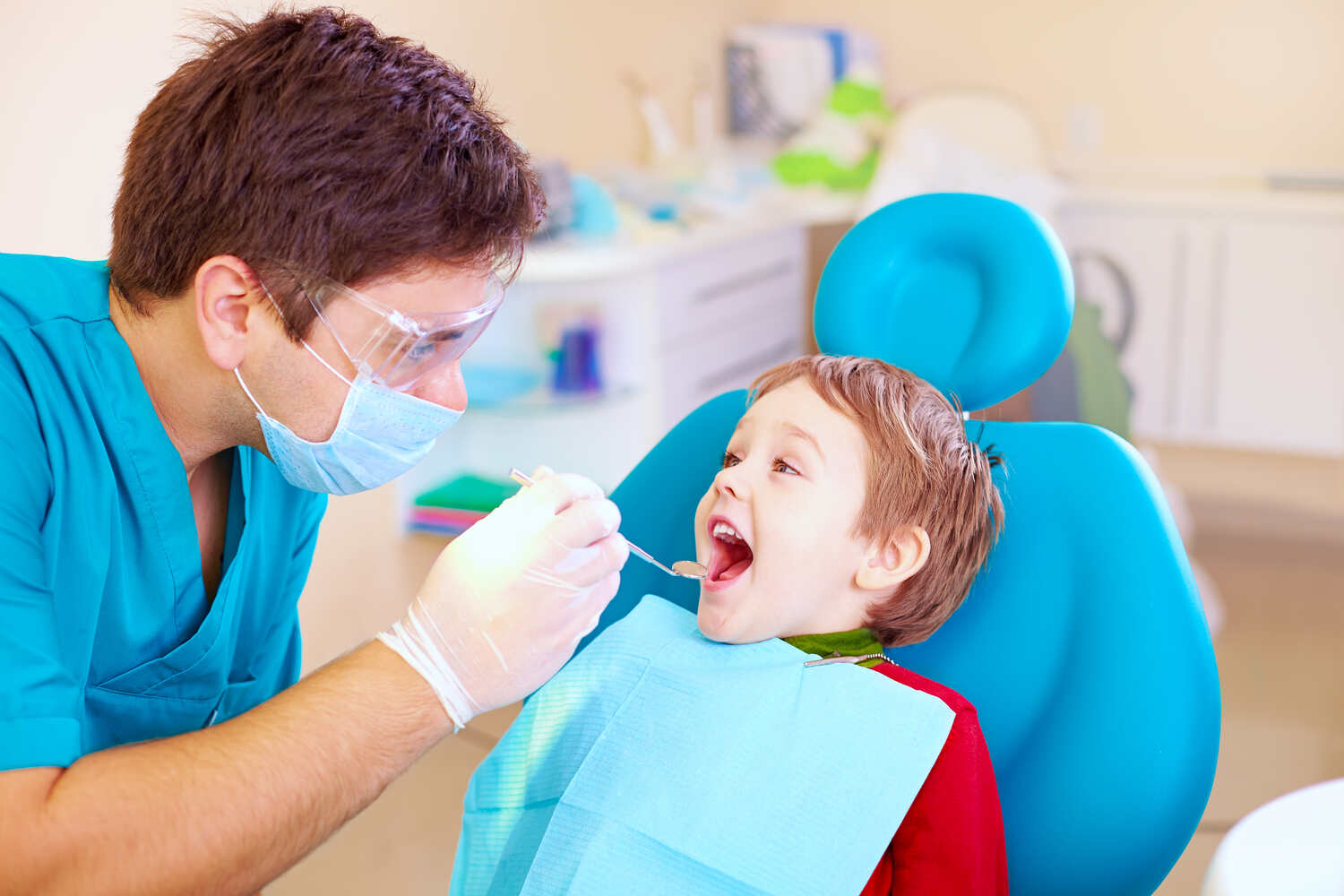
Take your toddler to the dentist regularly at least once in six months for dental checkups. These oral examinations can be beneficial to detect problems at an early stage as well as halt the progression of any existing oral problem.
Preventive dental care in toddlers is crucial since it helps prevent oral problems like tooth decay, gum disease, malocclusion, malalignment, and bad breath. Regular dental visits and preventive treatments additionally aid in detecting dental problems at an early stage and halt their progression. Overall, these procedures improve oral health in toddlers and significantly enhance their quality of life. As a parent, ensure that you imbibe good oral hygiene practices in them that can last a lifetime. Visit a pediatric dentist regularly.
FAQ’s
1. What is The Ideal Time to Take my Toddler to a Dentist?
It is advisable to take your kid within six months of the first tooth erupting or by 12 months at the latest. Taking your kid to a dentist at a younger age can be beneficial in the long run and help promote oral health in them.
2. How Often Should I Take My Toddler to The Dentist?
Experts recommend taking your toddler to the dentist every 6 months. This significantly helps detect oral problems early and curb them. Regular dental visits also aid in preventing oral health issues in kids.
3. Why do Baby Teeth Require Special Dental Care?
Baby teeth hold great significance since they hold space for permanent teeth. Thus it is essential to take special dental care of primary or baby teeth since they lay a strong foundation for permanent dentition. Any disease or damage to baby teeth can pass on the infection to the underlying permanent tooth buds, harming the adult teeth as well.
4. How is a Pediatric Dentist Different From Other Dentists?
Pediatric dentists are different from general dentists. Pediatric dentists are specially trained in child psychology and behavior management techniques to help ease fear in children and create a positive experience and environment for them. Whereas a general dentist treats children and adults with not much expertise in handling young kids.
References
- Okunev I, Tranby EP, Jacob M, Diep VK, Kelly A, Heaton LJ, Frantsve-Hawley J. The impact of underutilization of preventive dental care by adult Medicaid participants. J Public Health Dent. 2022 Jan;82(1):88-98 – https://www.ncbi.nlm.nih.gov/pmc/articles/PMC9303757/
- Bhaskar V, McGraw KA, Divaris K. The importance of preventive dental visits from a young age: systematic review and current perspectives. Clin Cosmet Investig Dent. 2014 Mar 20;6:21-7 – https://www.ncbi.nlm.nih.gov/pmc/articles/PMC3964025/
- Askelson NM, Chi DL, Hanson JD, Ortiz CN, Momany ET, Kuthy RA, Damiano P. Preventive Dental Care Utilization For Preschool-Aged Children in Medicaid: Parents’ Perceptions and Experiences With Medicaid Dentists – https://www.ncbi.nlm.nih.gov/pmc/articles/PMC9595101/
- Condò R, Cioffi A, Riccio A, Totino M, Condò SG, Cerroni L. Sealants in dentistry: a systematic review of the literature. Oral Implantol – https://www.ncbi.nlm.nih.gov/pmc/articles/PMC3982302/
- Jullien S. Prophylaxis of caries with fluoride for children under five years. BMC Pediatr. 2021 Sep 8;21(Suppl 1):351 – https://www.ncbi.nlm.nih.gov/pmc/articles/PMC8424787/
- Guha Biswas P, Mohan A, Kandaswamy E. Treatment of Periodontitis Affecting Human Primary Teeth-A Systematic Review. Dent J (Basel). 2023 Jul 14;11(7):171—https://www.ncbi.nlm.nih.gov/pmc/articles/PMC10378644/
- Luca MM, Popa M, Watz CG, Pinzaru I, Draghici GA, Mihali CV, Dehelean CA, Buzatu R, Szuhanek C. Space Maintainers Used in Pediatric Dentistry: An Insight of Their Biosecurity Profile by Applying In Vitro Methods. Materials (Basel). 2021 Oct 19;14(20):6215 – https://www.ncbi.nlm.nih.gov/pmc/articles/PMC8541494/
- de Jong-Lenters M, L’Hoir M, Polak E, Duijster D. Promoting parenting strategies to improve tooth brushing in children: design of a non-randomised cluster-controlled trial. BMC Oral Health. 2019 Sep 6;19(1):210. – https://www.ncbi.nlm.nih.gov/pmc/articles/PMC6731582/
- Scardina GA, Messina P. Good oral health and diet. J Biomed Biotechnol. 2012;2012:720692. – https://www.ncbi.nlm.nih.gov/pmc/articles/PMC3272860/

